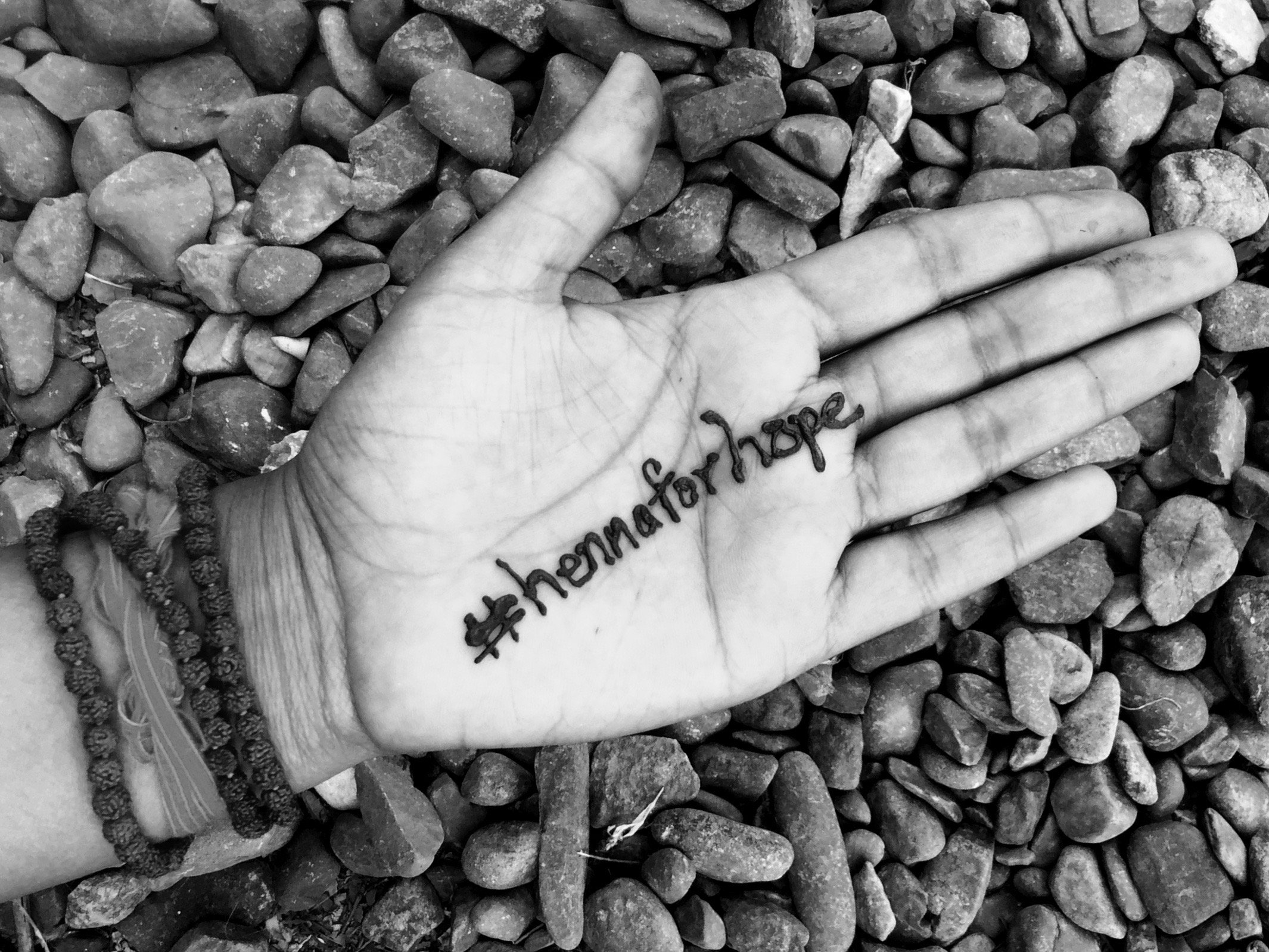Vision Statement
To end cycles of violence and injustice through trauma healing.
Rigorous and hopeful, we build practical strategies for access to mental health training and services, break cycles of trauma and violence, and advocate for survivors and community service providers.
Mission Statement
Our mission is to increase access to trauma-informed mental health services through training, partnerships, and trauma therapy.
In the U.S., we operate a trauma therapy practice based on our guiding principles that serves trauma survivors by ensuring that the individuals most in need of trauma therapy are not left waiting for care due to financial limitations, cultural bias, or stigma.
Internationally, we partner with like-minded organizations working to transform mental health systems through trauma-informed care and access to training.
Our Guiding Principles
Equitable Access - The best trauma-informed care and therapy should be available to those who need it the most, not just those who can pay the most. We strive to make effective trauma therapy interventions available to all who are seeking services.
Nonviolence - We work to end cycles of violence through trauma healing and nonviolent social action. We believe trauma therapy prevents violence from being passed on to the next generation. Everyone working in areas of law enforcement, social services, and health care should be skilled at recognizing abuse and empowering victims.
Relational-Cultural Therapy Modalities - We recognize power dynamics, relational-cultural issues, and bias in health systems and strive for feminist, strengths-based, egalitarian therapy and therapeutic relationships including client empowerment and social justice advocacy.
Trauma & Neuroscience-Informed - We seek, promote, and create access to the latest trauma treatment modalities. We believe in empowering clients with neuroscience-informed psychoeducation so that they can be experts in their own mental health and view their symptoms as adaptations to stress and trauma over their lifespan, rather than a disease.
Collaborative Care - We desire a transformative therapy-team based approach where mental health providers with different skills and training regularly consult and collaborate for the best client care outcomes. We value and seek collaboration with other community organizations, service providers, and community workers.
If this gets you fired up, considering applying to be a Hope Roots Board Member or a Volunteer!
Our Story
Hope Roots began in 2014 with a group of trauma-informed and socially conscious yogis who wanted to support projects in India that were empowering women and serving trauma survivors. After the first Holistic Tools for Trauma workshops in 2016, Hope Roots began to focus on serving trauma survivors and training nonprofessionals in trauma-informed care. In 2021, Hope Roots opened a therapy office in Fort Collins, Colorado, and began direct therapy services. Through our yearly fundraiser, Henna for Hope, we hope to create awareness about the imprint of trauma globally and raise funds for projects that will continue to improve access to evidence-based care.




















